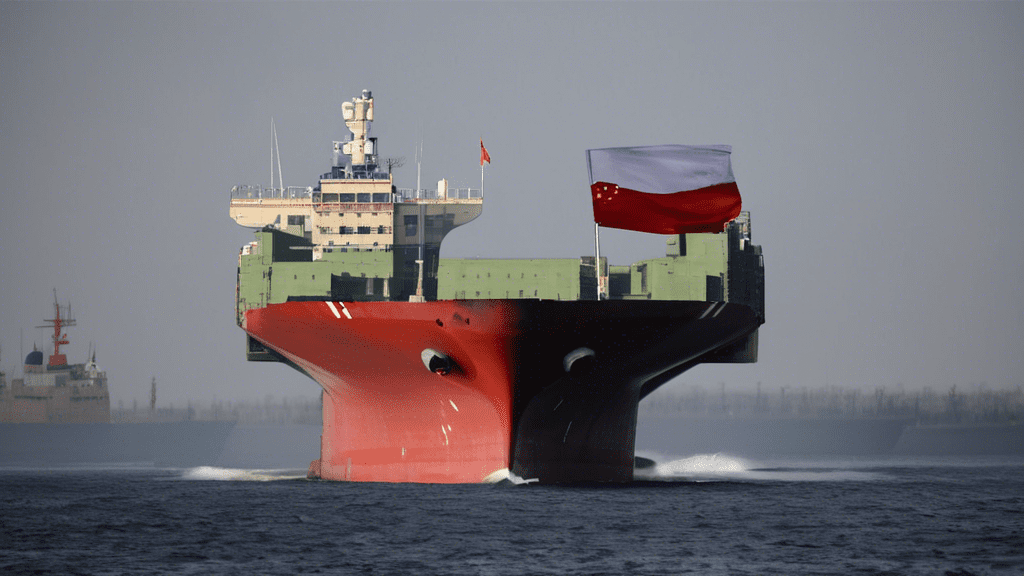The recent U.S. sanctions placed on Chinese companies have stirred quite the discussion in international relations. The U.S. Department of the Treasury’s Office of Foreign Assets Control (OFAC) has taken a significant step by targeting these firms due to their involvement in creating attack drones for Russia, specifically the Garpiya series. This move highlights not only the complexities of the current geopolitical climate but also emphasizes the ongoing tensions surrounding the Ukraine conflict.
The Entities in the Crosshairs
Two Chinese companies, Xiamen Limbach Aircraft Engine Co and Redlepus Vector Industry Shenzhen Co, are at the forefront of these sanctions. Along with them, the sanctions also extend to a Russian entity known as Limited Liability Company Trading House Vector and a Russian individual by the name of Artem Mikhailovich Yamshchikov. The sanctions underscore the U.S.’s strong disapproval of the collaboration between these Chinese companies and Russian defense firms to produce lethal technology, which is then being deployed in a conflict that has already claimed countless lives.
What’s particularly noteworthy about these sanctions is that it marks the first time the U.S. has imposed penalties on Chinese firms for directly producing complete weapons systems with Russian partners. This is a big deal! It reflects a shift in how the U.S. views the role of Chinese companies within the context of global military dynamics. State Department spokesman Matthew Miller pointed out the unprecedented nature of this situation, emphasizing that for the first time, a Chinese company is linked to the manufacturing of a weapon that is actively used in battle.
The Reaction from China
Of course, China isn’t taking these sanctions lying down. They’ve made their position crystal clear, vigorously opposing what they label unilateral sanctions that lack grounding in international law. The Chinese government asserts that it maintains a neutral stance in the Russia-Ukraine conflict and insists that it does not provide lethal weapons to any parties involved. Yet, many Western nations contend that China’s economic and diplomatic support effectively bolsters Russia’s war efforts. This back-and-forth only adds fuel to the already tense relations among these global powers.
Previously, the U.S. had targeted Chinese entities merely for providing components to Russian weapon production, but this new round signifies a more serious escalation. The act of sanctioning companies directly involved in the entire weapons production chain sends a message that the U.S. is serious about disrupting the networks that aid Russia in its military endeavors. This move is part of the broader strategy employed by the U.S. to counteract Russian advancements, particularly in light of the ongoing Ukraine conflict.
In conclusion, these sanctions not only demonstrate the U.S.’s firm stance against collaborations that fuel military aggression but also highlight the complexities of international law and diplomacy. As nations navigate the tumultuous waters of military alliances and conflicts, the repercussions of such actions will undoubtedly shape the global landscape for years to come. So, it’s essential to keep an eye on how this situation unfolds and what it means for international relations moving forward.
